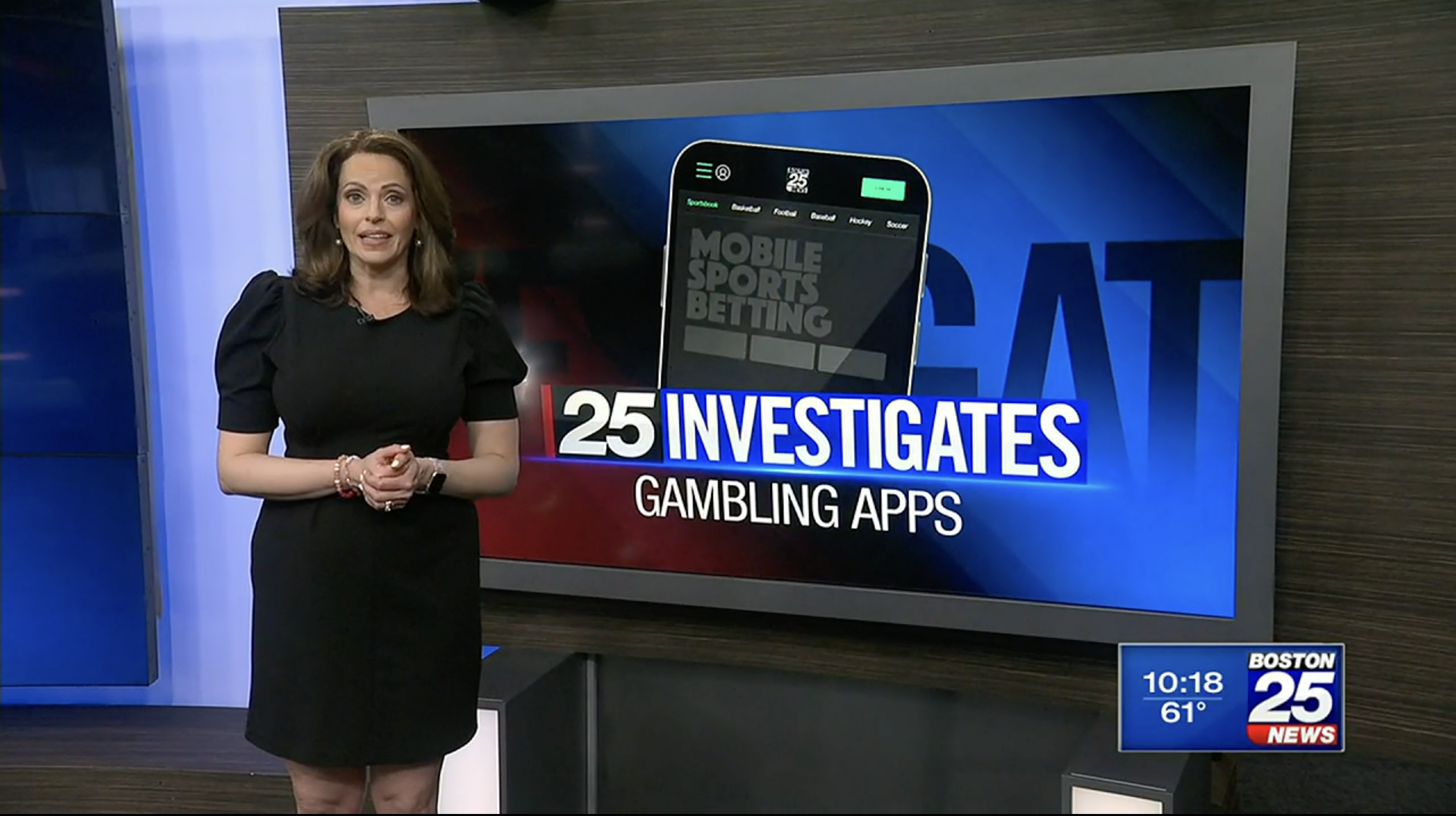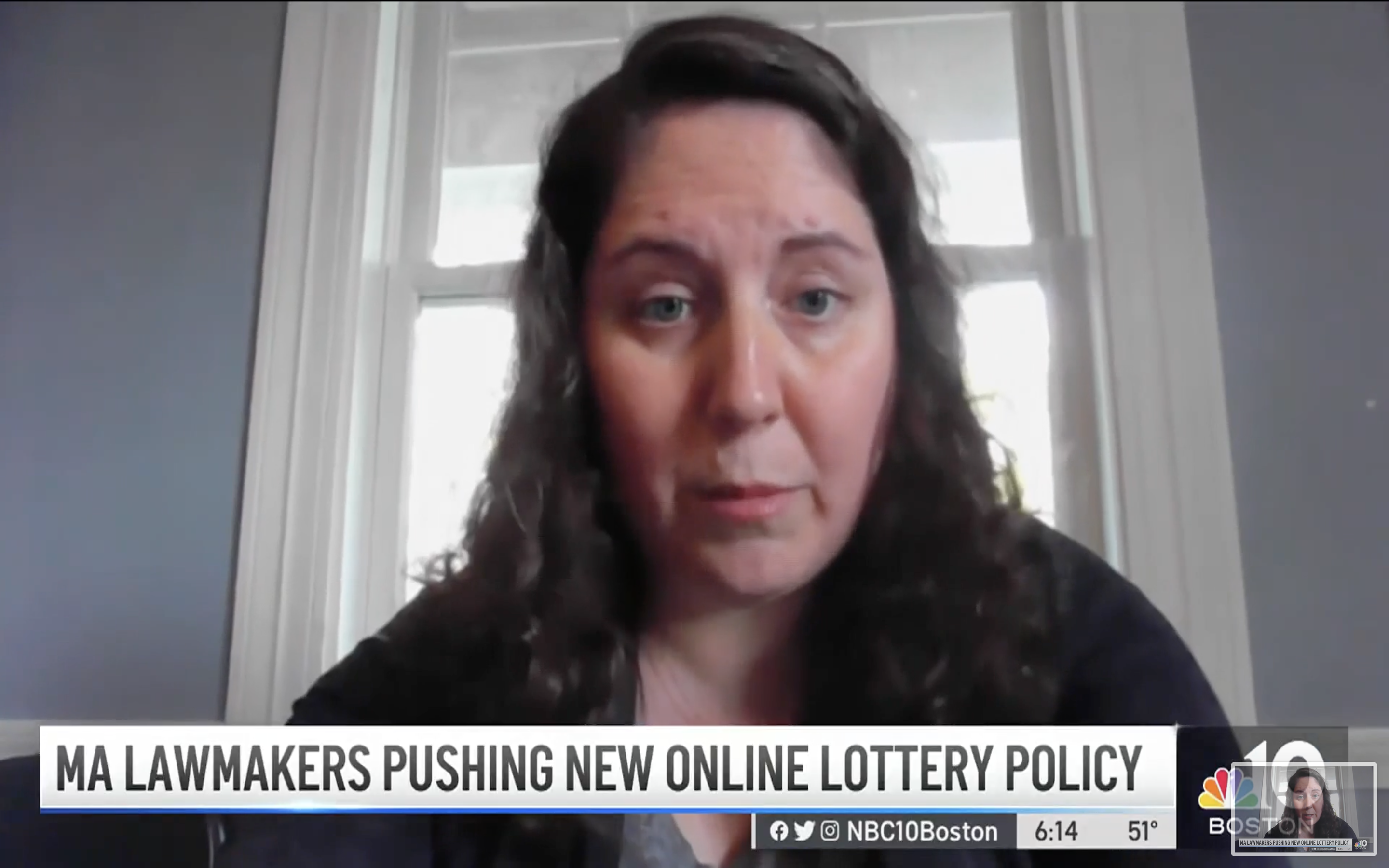
“We don’t practice in the U.S. this precautionary principle. We don’t have a history of regulatory bodies being proactive when it comes to public health risks.” – MACGH Director of Communications and Marketing Phil Sherwood on the dangers of loot boxes.
‘Diablo Immortal’ Shows Self-Regulation Is a Failure in the Games Industry
By Trone Dowd
The games industry has a history of championing self-regulation. But its refusal to address predatory microtransactions could be its undoing.
Just weeks after its launch, Diablo Immortal is getting slammed over how much money early adopters have lost to the game’s widely hated “pay-to-win” model, where players are encouraged to spend money on more powerful items.
Twitch streamer Quin69 made headlines after he blew NZ$25,000 (roughly $15,000) trying to get a 5-star legendary gem in Diablo Immortal—only to delete his character days later. “Fuck this dogshit game. Seriously, fuck Blizzard. Everyone, delete your accounts,” he said.
Other users have reported having spent $50,000 in a day. Even players who didn’t spend thousands on the game still say they ended up dropping over $600 between cosmetics and useful items to make their character more powerful. According to Kotaku, initial estimates that maxing out a single character could cost as much as $100,000 are very low—the actual amount can run upwards of half a million.
Diablo Immortal isn’t a bad game; it’s bursting with beautiful graphics, satisfying sound effects, and a tight gameplay loop Blizzard is known for. But the way it’s monetizing its player base is so predatory, the game has been banned in some European countries which recently introduced regulations on loot boxes, and other monetization schemes similar to Diablo Immortal. In the U.S., the video game industry has so far succeeded in arguing that it can regulate itself, but experts Waypoint has talked to say games like Diablo Immortal could change that. By not doing anything to hear out the criticism lobbed at it by disgruntled players in the hopes of capitalizing on the flood of profits on whales and early adopters, Keith Whyte, the executive director of the National Council on Problem Gambling says Blizzard may be doing more harm than good to the industry.
“They are hurting their case for self-regulation because it requires not just a degree of restraint on the industry itself, but trust from the public and from potential regulators. And games like Diablo Immortal build neither,” he said. “They undermine public and regulatory trust in not just the company, but in the industry as a whole.”
Diablo Immortal doesn’t just monetize in-game boosters and cosmetics, it also sells players “legendary crests” that give them a laughably bad chance of lucking onto the game’s most valuable resource: legendary gems that allow players to upgrade their character’s equipment.
The game is less stingy about giving players rare crests, but these items simply don’t provide the player a chance at getting 5-star gems needed to upgrade gear to its full potential. The chances of getting a legendary crest through normal, non-paid means are as low as 5 percent, according to the game. But even if you’re lucky enough to get a hold of these precious resources through normal play, there’s only a 1 percent chance that it will be a 5-star drop.
One Reddit user has calculated players have a 0.0045 percent chance of getting a 5-star gem. And with numerous armor parts to upgrade through the gem system, the game can get expensive very quickly.
This controversial progression system got Diablo Immortal banned in Belgium and the Netherlands. Both countries passed laws in 2018 classifying loot boxes— randomized rewards that players can buy for a chance of getting something especially valuable (akin to trading card booster packs)—as illegal “games of chance” after deciding that paying for randomized prizes that have market value is gambling.
In the U.S., however, the games industry has a history of championing self-regulation. In the early 90s, the Entertainment Software Ratings Board, or ESRB, was created to keep government from deciding who can and cannot play certain titles based on content. The games industry took a similar stance in 2019 when the Federal Trade Commission held a hearing on loot boxes with several industry stakeholders, including the Entertainment Software Association (ESA). It was here that the ESA announced that the three major console manufacturers—Sony, Microsoft, and Nintendo—had to disclose the odds for loot boxes.
That appeared to be enough to get the feds from regulating the industry, but experts say that hardly goes far enough to prevent gambling addictions.
“Nobody would even pretend that an effective way to try and prevent gambling addiction is to have a sign at the entrance of a Las Vegas casino that lists the payout odds of the slot machines inside,” said Whyte. “Information about how the games operate, including odds and payout percentages, should be transparent to players and we applaud that as a step in the right direction. But providing that information alone is not a serious effort to really address the known severe consequences of excessive use.”
While Diablo Immortal does disclose its odds like most other mainstream games, they’re buried away in a text menu, and trying to understand them is a challenge that even this writer had trouble grasping.
But up until now, the U.S. federal government has left the responsibility of how to handle the potential financial dangers of microtransactions to the states, according to Phil Sherwood, the communications director for the Massachusetts Council on Gaming and Health.
“We don’t practice in the U.S. this precautionary principle. We don’t have a history of regulatory bodies being proactive when it comes to public health risks,” Sherwood said. “And in fact, many are still debating whether this is even a public health risk at all when in most circles that are educated on the matter, that case has been settled.”
And when publishers who stand to profit off microtransactions are as powerful as they are, not many states are willing to take the risk of being the first to do so.
“That’s not to say that the video gaming industry is bankrolling candidates, but the U.S. political system is dramatically shaped by the industry and special interest money that’s flooding into it,” Sherwood explained. In 2021 for example, the ESA, which also acts as a government lobby on behalf of game publishers, is listed as spending over $6 million in lobbying expenditures, according to OpenSecrets.org.
“The result? Regulators and elected officials are overwhelmingly adopting mindsets that let the industry do what they need to do for their bottom line versus weighing public health risks,” Sherwood said.
But it doesn’t mean the industry will be left to its own devices forever. There have been some representatives in Congress taking a closer look at loot boxes as gambling. In 2019, Republican Missouri Sen. Josh Hawley introduced the Protecting Children from Abusive Games Act, a bipartisan bill that would ban pay-to-win loot boxes from games that appeal to kids.
Money-grubbing games like Diablo Immortal, that stir public ire over the need to stop publishers from taking advantage of the wild west nature of mircrotransactions, can only signal the need for government intervention.
Before the federal government steps in, the industry still has a chance to show it’s ready to care for itself. Whyte said that if the industry really wants to self-regulate, it should consider looking at how states and gambling operators have tried to encourage responsible play and replicate it themselves. He said most states require or have provisions for limits on the amount of time and money spent on gambling.
Whyte says gaming industry should also consider letting players regulate themselves.
“There’s a lot of research in the gambling space that allowing or requiring players to set their own limits makes them a lot more salient and relevant to that individual player because it’s not imposed from above,” he explained. “That is the type of self-regulation that might avoid federal oversight because that is a serious step that would, as we know from the gambling space, demonstrably reduce harm.”




